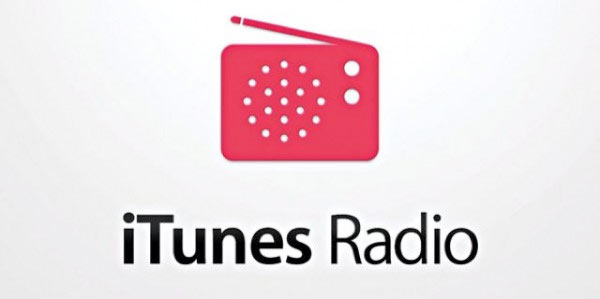The Loudness War is Over…Not!
One of my readers sent over a link to a Press Release written by mastering engineer Bob Katz that pronounced “THE LAST BATTLE OF THE LOUDNESS WAR HAS BEEN WON”. It was dated last October and talked about how the new iTunes Radio and version 11.1.1 iTunes software are using Apple’s Sound Check algorithm to regulate the levels of all tracks pumped through their player. Bob is quoted as saying, “The debilitating loudness war has finally been won. The last battle will be over by mid-2014.”
I don’t see how he can make that claim given that the record companies are the ones that are going to continue to supply heavily mastered, dynamically limited tracks to iTunes Radio just as they always have. Bob might be able to moderate the usual heavy-handed compression typically used on new commercial records when he’s the mastering engineer but he certainly can’t dictate to other producers, engineers, and record people what they should do to increase fidelity on their productions.
In fact, I seriously doubt that he’ll be able to change his ways without losing clients. As a former mastering engineer, I recognized that I was working for the labels not for me. They were ones paying the invoices so I did what they wanted me to do. If they wanted dynamically crushed audio, I crushed the hell out of the dynamics. Eventually, I got fed up with mangling the music that I worked on. I mastered projects for Bad Company, The Allman Brothers and many others and I made sure that the result pleased the client not only me.
Apple’s Sound Check application is built into and by default turned on in iTunes Radio after version 11.1.1 (you also have to be running Mac OS 10.7 or higher). The idea of Sound Check is to “smooth” out the differences in the levels of the songs that are being streamed. According to the Apple site: “Sound Check is a feature designed to allow you to hear all of your songs at approximately the same volume. ”
Terrestrial radio stations have been doing this for decades. The CDs that the DJs play (of the digital rips of the CDs) are brick wall limited by the stations to ensure that they get the biggest bang for their “megawatt” buck. Think about it. If you’re a radio station owner and have paid a lot of money for a 1-megawatt station, you want to use every watt that you purchased and licensed for by the FCC. That means all loud all the time…and over a wider geographic range.
In order for Sound Check to deliver a consistent experience to iTunes Radio listeners, they have to lower the “average” value of the output amplitude by about 7 dB to make room for tunes that actually do have some dynamics. According to Bob’s research this results in the heavily mastered tracks sounding “wimpy” by comparison. Again, I’ll have to test this myself but I’m dubious about that claim as well.
Tracks with lots of dynamic range will still sound relatively quiet next to the heavily compressed ones because the RMS amplitude will still be louder. Lowering everything 7 dB doesn’t change the relative volume of the tracks. All the listeners of iTunes Radio have to do is turn up their amplifier and they’re back to the same over-compressed stuff that they’re used to. There is no more dynamic range…but there is the potential for more range. So there’s at least hope.
I’m going to compare a few of my recording through iTunes Radio and a heavily mastered track. I’ll let you know how it turns out. Don’t pop the champagne bottles yet…I suspect we’re stuck with the Loudness Wars for many years to come.


if turning it up uses more power then its not artifical. I got a turntable that can’t run on phono only cd because it powers it and has a better sound for big speakers at low and medium volume where you can almost got half way on the amp comfortably and almost transparent enough at half amp power to not distrurb people in the next room or neighbours, try going past 3 on the amp from the boosted sources like your computer headphone jack. and your walls will be shaking. Some mp3 recorders facilitate actual line and mic switch options.